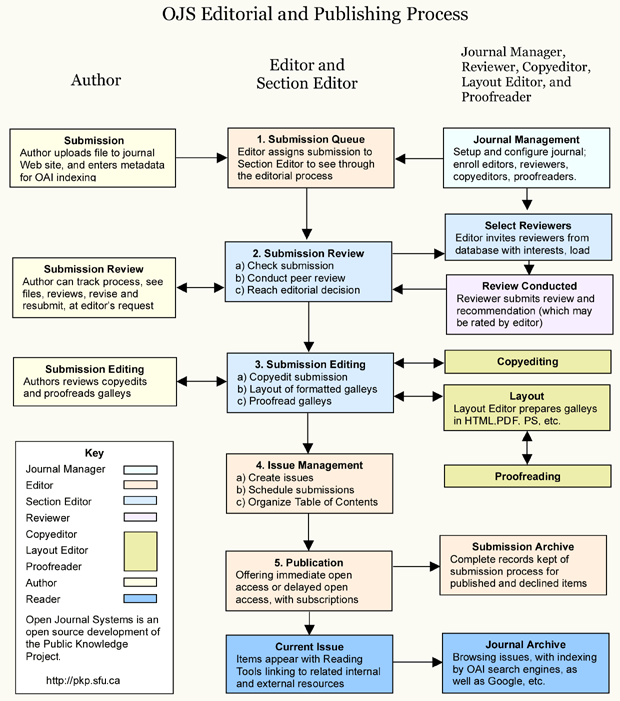Focus and Scope
Section Policies
Articles
Peer Review Process
Peer Review Process
Detailed information about the flow of the manuscript submission to the acceptance by the editor is shown in the following figure :

Regarding the acceptance of the manuscripts, the following are decisions provided by Jurnal Legalitas:
- Accepted. The journal will publish the paper in its original form;
- Accepted by Minor Revisions, the journal will publish the paper and asks the author to make small corrections (let authors revise with stipulated time);
- Accepted by Major Revisions, the journal will publish the paper provided the authors make the changes suggested by the reviewers and/or editors (let authors revised with stipulated time);
- Resubmit (conditional rejection), the journal is willing to reconsider the paper in another round of decision-making after the authors make major changes;
- Rejected (outright rejection), the journal will not publish the paper or reconsider it even if the authors make major revisions.
Open Access Policy
This journal provides immediate open access to its content on the principle that making research freely available to the public supports a greater global exchange of knowledge. This is an Open Access journal which means that all content is freely available without charge to the user or his/her institution. Users are allowed to read, download, copy, distribute,print, search, or link to the full texts of the articles, or use them for any other lawful purpose, without asking prior permission from the publisher or the author. This is in accordance with the BOAI definition of Open Access.











